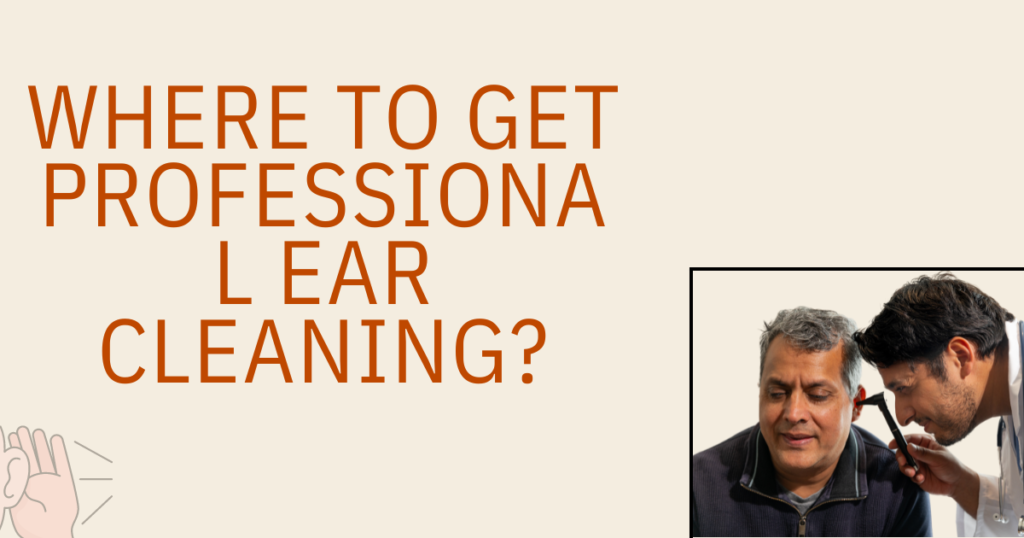Vertigo is more than just feeling dizzy; it’s a sensation that the world around you is spinning or tilting, even when you’re standing still. This disorienting condition can significantly impact daily life, making simple tasks feel overwhelming. But what exactly is vertigo, and why is understanding it important? Vertigo affects millions of people globally, and it’s a common symptom of various underlying health conditions. Identifying its causes and understanding its symptoms can be key to managing it effectively and improving quality of life.
Here, we’ll explore what vertigo is, the primary causes behind it, the different symptoms associated with it, and the most effective treatment options. Whether you’ve experienced vertigo yourself or are looking for information to help a loved one, this guide will provide you with all the details you need.
What Causes Vertigo?
Vertigo can occur for a variety of reasons, but the most common cause is related to problems in the inner ear, also known as peripheral vertigo. Central vertigo, although less common, is associated with brain-related issues. Identifying the underlying cause is essential for proper treatment.
Inner Ear Conditions
The inner ear plays a key role in maintaining balance. One of the most common conditions that cause it is benign paroxysmal positional vertigo (BPPV), which occurs when tiny calcium particles in the inner ear canal become dislodged. In addition to BPPV, Ménière’s disease and labyrinthitis are other ear-related conditions that can trigger it. Furthermore, inflammation or infection in the inner ear can cause sudden and intense vertigo episodes.
Central Vertigo Causes
In addition to inner ear issues, it can stem from problems in the brain. Conditions like migraines or strokes are common triggers for central vertigo. In some cases, multiple sclerosis (MS) and brain tumors may also result in vertigo, although these are less common causes. Brain-related vertigo tends to be more persistent and severe than peripheral it.
Recognizing Vertigo Symptoms
It can manifest in several ways, depending on the underlying cause. However, the hallmark symptom is a feeling that either you or your surroundings are spinning.
Dizziness and Loss of Balance
The most recognizable symptom of it is dizziness, which often comes with a sensation of the room spinning. This disorientation can be mild or severe, making it difficult to maintain balance or stand upright. In addition to dizziness, individuals with it may experience unsteadiness, nausea, and even vomiting in extreme cases.
Hearing and Vision Disturbances
It can also affect other senses, especially hearing and vision. Some people may experience a ringing in the ears, known as tinnitus, or even temporary hearing loss. Furthermore, rapid, involuntary eye movements (nystagmus) are often observed during vertigo episodes, making it difficult to focus visually. These symptoms often accompany it caused by Ménière’s disease or vestibular neuritis.
How Is Vertigo Diagnosed?
Determining the cause of vertigo is the first step toward treatment. Medical professionals use a variety of tests and evaluations to diagnose it accurately.
Physical Examinations and Patient History
Doctors often begin by asking about the patient’s medical history and the nature of their vertigo episodes. Describing the type, frequency, and triggers of it can offer valuable insight. Next, they may perform physical tests, such as the Dix-Hallpike maneuver, which helps diagnose BPPV by checking for abnormal eye movements during specific head movements.
Imaging and Hearing Tests
If inner ear conditions or brain issues are suspected, further diagnostic tools like MRI or CT scans may be used to look for abnormalities. Hearing tests, such as audiometry, are commonly performed when hearing disturbances are present, helping to differentiate between peripheral and central causes of it.
Effective Treatment Options for Vertigo
Fortunately, It can often be treated effectively once the cause is identified. Treatment may range from simple exercises to medication or even surgery in extreme cases.
Vestibular Rehabilitation and Exercises
One of the most successful treatment methods for it, especially for BPPV, is vestibular rehabilitation therapy (VRT). This involves a series of exercises designed to retrain the brain and inner ear to communicate more effectively. Epley maneuvers are a specific set of movements that help reposition the calcium crystals in the inner ear, alleviating symptoms almost immediately for many patients.
Medication and Lifestyle Changes
In addition to physical therapy, certain medications like antihistamines and anticholinergics can help reduce dizziness and nausea associated with it. For individuals with recurring vertigo due to conditions like Ménière’s disease, lifestyle changes such as reducing salt intake, avoiding caffeine, and managing stress can significantly reduce the frequency and intensity of attacks.
Preventing Vertigo Recurrence
While it may not always be possible to prevent it, taking certain precautions can reduce the chances of recurrence.
Maintaining a Healthy Inner Ear
Avoiding infections, keeping your ears clean, and treating any ear-related conditions promptly can help prevent it. Additionally, managing existing conditions like migraines or high blood pressure will minimize the likelihood of vertigo episodes.
Hydration and Diet
Staying hydrated and eating a balanced diet can support overall ear and brain health. Limiting alcohol, salt, and caffeine intake helps prevent fluid buildup in the inner ear, which is particularly beneficial for those prone to Ménière’s disease. Regular exercise and stress management techniques, such as yoga or meditation, can also play a significant role in maintaining balance and preventing vertigo.
In summary, vertigo is a condition that affects millions of people, making daily tasks challenging and disorienting. By understanding the various causes, such as inner ear conditions or brain issues, and recognizing the common symptoms, individuals can seek appropriate treatment and improve their quality of life. Whether through vestibular rehabilitation exercises, medication, or lifestyle changes, there are several ways to manage and treat vertigo effectively. If you or a loved one are experiencing symptoms of it, consult a healthcare professional to get a proper diagnosis and treatment plan.



